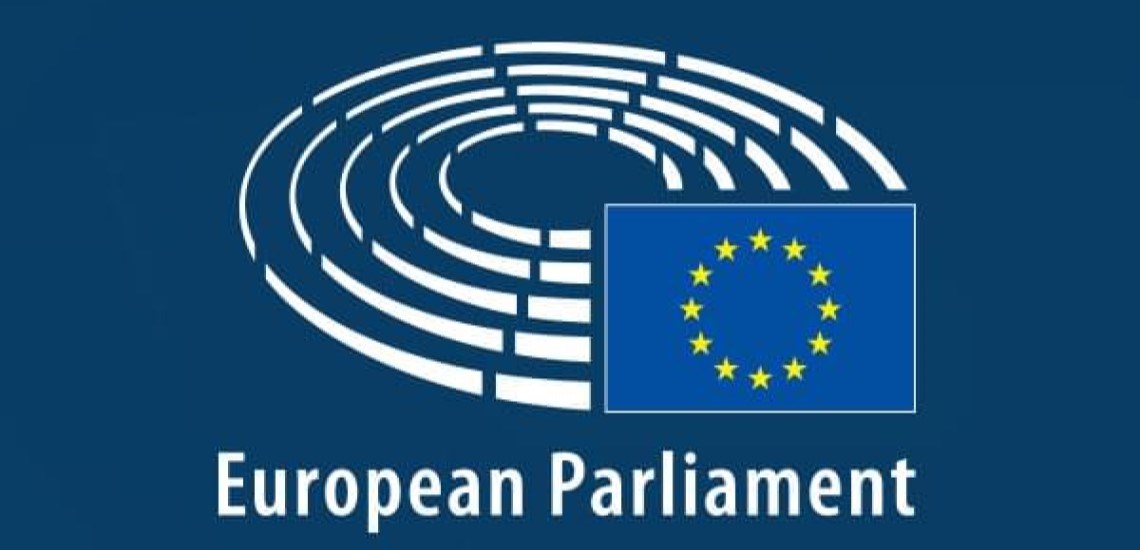A breakfast meeting was held on 11th October 2016 by the MEPs Salon at the European Parliament to discuss about Recycling in the Circular Economy. ETRA was invited to talk about the current challenges for tyre recycling sector. The meeting was chaired by Inés Ayala Sender MEP, Member of the European Parliament Committee on “Environment, Public Health and Food Safety”
Productive Conservation on European Role in Recycling
Doctor Ettore Musacchi President of ETRA, described the sectors and its potential, and made a critical analysis of the contradiction that recyclers have to face on the market, where two opposite forces clash one against the other: from one side the package of the Circular Economy that should expect a sustainable use of resources, more energy efficiency, less CO2 emissions, from the other many attempts to put recycled materials out of the market, either through media campaigns based on rumours instead of scientific data, or by local or national regulations, that in some marginal articles or subsections try to ban TDMs.
The President described in detail the latest attempt that is contained in the “Draft Model Administrative RulesTechnical Building Regulations [M-VV TB], submitted to the DG Grow on 20 July 2016, Notification Number 2016/376/D (Germany), Received on 21/07/2016, End of Standstill 24/10/2016, were it is simply and generically prohibited the construction of flooring with “components made of old tyres” (very odd definition with a confused meaning in the sector), without any motivation or any technical explanation. This could be either a big mistake or an abuse explained Musacchi.
Julius Langendorff, Deputy Head of Unit “Waste Management and Recycling”, DG ENVI, European Commission and some MEPs, belonging to the “European Parliament Intergroup on Climate Change, Biodiversity & Sustainable Development” attended the meeting, and actively participated to the debate held afterwards.
Closing the loop of the circular economy requires a stronger European recycling sector, in order to be able to turn more waste into new resources and translate higher recycling targets into concrete business opportunities, at the same time improving environmental performances. For this purpose, it is important to have a consistent regulatory framework at European level, and to promote a clear understanding of the roles of all actors across the value chain. At the core of the circular economy debate, several issues still need to be tackled in view of a transition to an effective circular economy: what is actually recycling, what can be done to foster the market for secondary raw materials and reduce waste, which are the main challenges for recycling companies, many of them SMEs, across Europe.




















